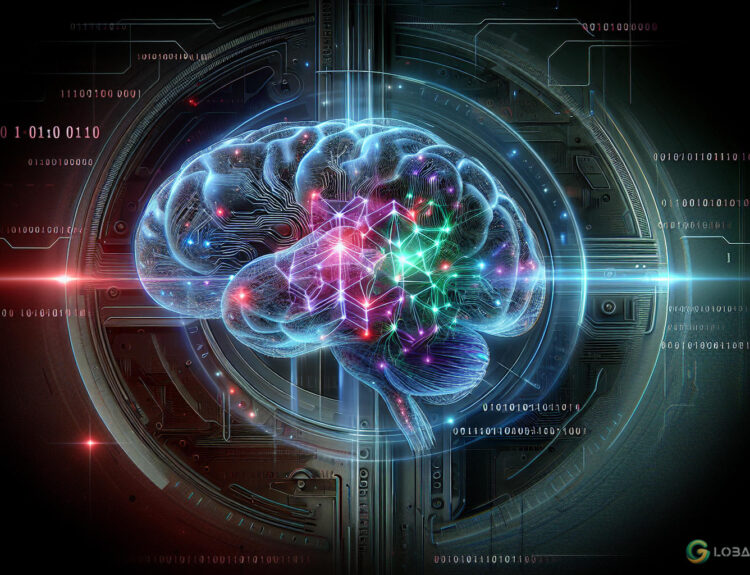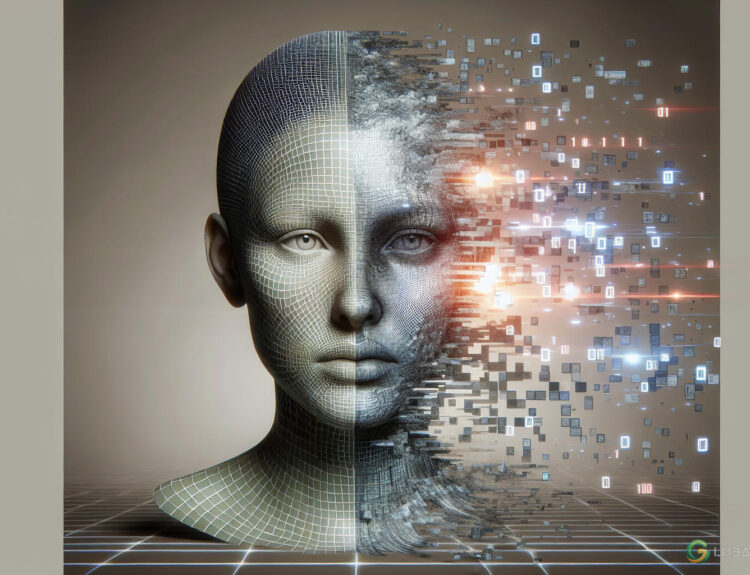Disclosure: The views and opinions expressed here belong solely to the author and do not represent the views and opinions of Global Crypto News’ editorial.
Centralized vs. Decentralized Computing in AI
In the evolving landscape of artificial intelligence, the debate between centralized and decentralized computing is intensifying. Centralized providers like Amazon Web Services dominate the market, offering robust and scalable solutions for AI model training and deployment. However, decentralized computing is emerging as a competitor, presenting unique advantages and challenges that could redefine AI training and deployment globally.
Cost Efficiency and Enhanced Accessibility of GPUs
One primary advantage of decentralized computing in AI is cost efficiency. Centralized providers invest heavily in infrastructure, maintaining vast data centers with dedicated GPUs for AI computations, which is expensive.
Decentralized computing leverages “unused” GPUs from various sources worldwide, including personal computers, idle servers, and gaming consoles. By tapping into this pool of underutilized resources, decentralized platforms offer computing power at a fraction of centralized providers’ cost. This democratization of compute resources makes AI development more accessible to smaller businesses and startups, fostering innovation and competition in the AI space.
The global shortage of GPUs has significantly impacted small businesses’ ability to secure necessary computational power from centralized providers. Large corporations often lock in long-term contracts, monopolizing access to these critical resources. Decentralized compute networks alleviate this issue by sourcing GPUs from a diverse array of contributors, including individual PC gamers and small-scale providers. This increased accessibility ensures that even smaller entities can obtain the computational power they need without being overshadowed by industry giants.
Data Privacy and User Control
Data privacy remains a paramount concern in AI development. Centralized systems require data to be transferred and stored within their infrastructures, effectively relinquishing user control. This centralization poses significant privacy risks. Decentralized computing offers a compelling alternative by keeping computations close to the user. This can be achieved through federated learning, where the data remains on the user’s device, or by utilizing secure decentralized compute providers.
Despite its advantages, decentralized computing faces several challenges. One critical issue is verifying the integrity and security of decentralized compute nodes. Ensuring that these nodes are not compromised and that they provide genuine computational power is complex. Advances in blockchain technology offer potential solutions, enabling self-proofing mechanisms that verify the legitimacy of compute nodes without compromising security.
Another significant challenge is potential data exposure during decentralized computations. AI models thrive on vast datasets, but without privacy-preserving technologies, decentralized training could risk data breaches. Techniques such as federated learning, zero-knowledge proofs (ZKP), and fully homomorphic encryption (FHE) can mitigate these risks. Federated learning allows data to remain local while still contributing to model training. By integrating these technologies into decentralized compute networks, we can enhance data security and user privacy, pushing the boundaries of what decentralized AI can achieve.
Bandwidth and Efficiency Concerns
The efficiency of decentralized compute networks is another concern. The transmission efficiency in a decentralized system will inevitably lag behind centralized clusters due to the distributed nature of the network. Historical anecdotes, such as AWS transferring data from Toronto to Vancouver during a snowstorm, highlight the logistical challenges of data transmission.
However, advancements in AI techniques like LoRA fine-tuning and model compression can help mitigate these bandwidth bottlenecks. By optimizing data transfer processes and refining model training techniques, decentralized compute networks can achieve performance levels competitive with their centralized counterparts.
Bridging the Gap with Emerging Technologies
The integration of blockchain technology with AI offers a promising avenue for addressing many challenges faced by decentralized computing. Blockchain provides a transparent and immutable ledger for tracking data provenance and compute node integrity, ensuring that all network participants can trust the data and computations performed. Additionally, blockchain’s consensus mechanisms can facilitate decentralized governance, enabling communities to manage and improve the network collectively.
Moreover, advancements in federated learning and homomorphic encryption are pivotal in ensuring that data privacy is maintained while leveraging the distributed nature of decentralized compute networks. These technologies enable AI models to learn from distributed datasets without exposing sensitive information, balancing the need for vast amounts of data with stringent privacy requirements.
The potential of decentralized compute networks to revolutionize AI development is immense. By democratizing access to computational resources, enhancing data privacy, and leveraging emerging technologies, decentralized AI can offer a robust alternative to centralized systems. However, the journey is fraught with challenges that require innovative solutions and collaborative efforts from the AI and blockchain communities.
As we move forward, it is crucial to continue exploring and developing decentralized computing solutions that address these challenges. By fostering a collaborative ecosystem, we can ensure that the benefits of AI are accessible to all, promoting a more equitable and innovative future for AI development.
For more insights and updates on the latest in cryptocurrencies, investing, and finance, stay tuned to Global Crypto News.
Jiahao Sun, the founder and CEO of FLock.io, is an Oxford alumnus and an expert in AI and blockchain. With previous roles as the director of AI for the Royal Bank of Canada and an AI Research Fellow at Imperial College London, he founded FLock.io to focus on privacy-centered AI solutions. Through his leadership, FLock.io is pioneering advancements in secure, collaborative AI model training and deployment, showcasing his dedication to using technology for societal advancement.






















